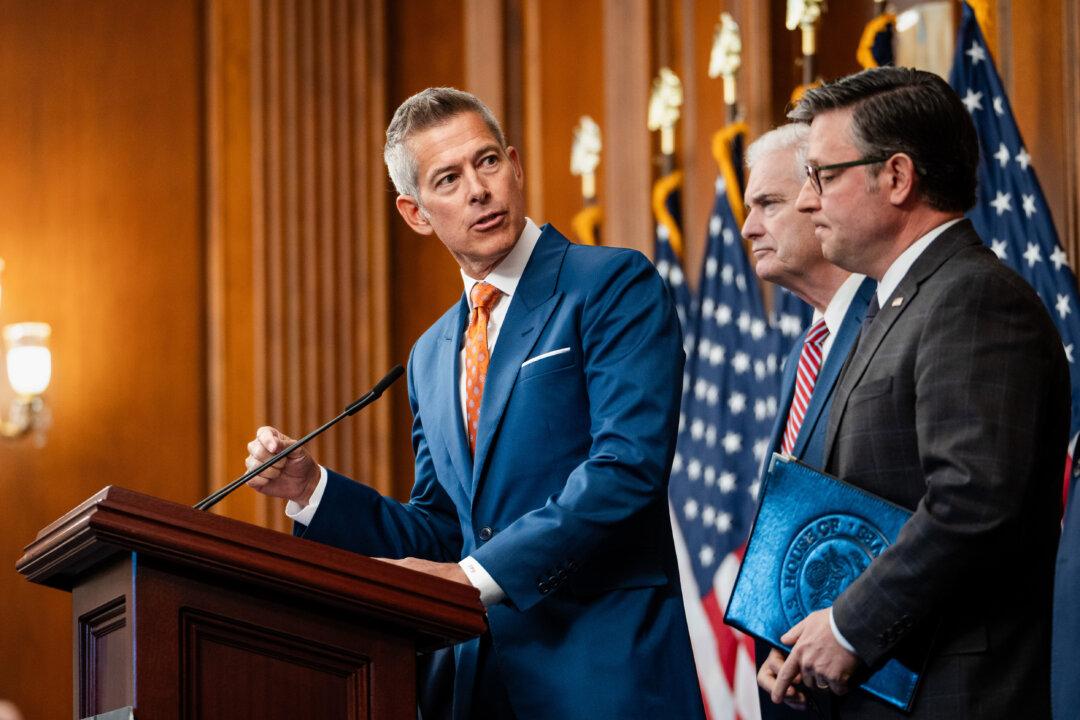Banking regulator U.S. Federal Deposit Insurance Corporation (FDIC) failed to establish an effective system to deal with sexual harassment claims at the department, according to an investigation by the agency’s Office of Inspector General (OIG).
The report was issued after FDIC Chairman Martin Gruenberg announced his resignation in May over allegations of toxic workplace culture, including instances of sexual harassment. The OIG had earlier conducted a review of the FDIC’s sexual harassment policies back in 2020.





